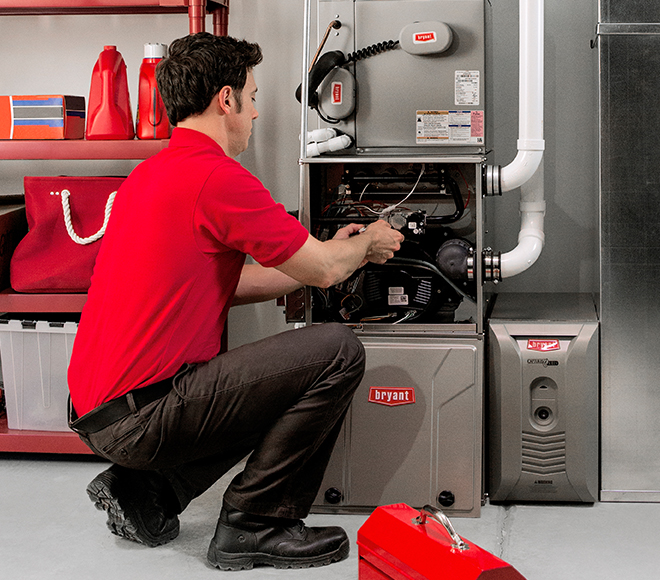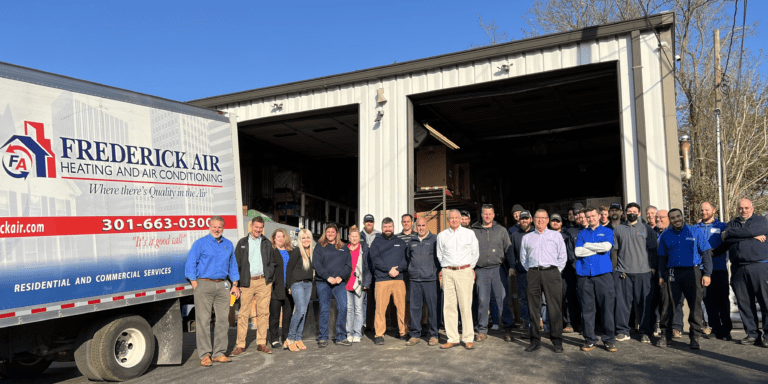
If you are considering replacing your current HVAC system or installing a brand-new HVAC unit for your property, you may be presented with some unfamiliar terminology during this process. HVAC loads are one of the most important factors in determining the right size for your new heating and cooling system.
If you want to understand HVAC load as it pertains to a home addition, make sure you read the article How to Choose an HVAC System for Your Home Addition as well. Here are some of the basics that you should know about HVAC loads and what they mean for your heating and cooling system.
Understanding HVAC Load
In simple terms, HVAC loads refer to the precise number of BTUs or British Thermal Units, that are required to heat or cool a specific indoor space. This figure can vary considerably depending on a few factors, including the:
- Size and configuration of the indoor spaces
- Amount of insulation in place
- Overall energy efficiency of the building envelope
- Climate and typical temperature differentials between outdoor and indoor air in your area
- Humidity levels
HVAC heating and cooling loads are generally divided into three categories:
- Design load calculations include typical climate conditions for the area in which your home is located and factor in the average temperatures in your area in summer and winter, as well as all the months in between. The overall energy efficiency and insulation ratings of your home will also play an important role in determining the correct size for your new HVAC installation.
- Extreme load calculations are based on the very hottest and coldest temperatures that occur in a particular place. Companies that offer HVAC services to residential customers typically do not use this type of load calculation because it can cause oversizing of the unit. This can lead to reduced efficiency during normal operations.
- Part loads take into consideration the average requirements for cooling or heating during an average day. For example, the high temperature on a given day might be 90 degrees Fahrenheit. For most of the day, however, the temperature will be well below that figure. Part load calculations allow the HVAC contractor to determine the actual requirements during the bulk of the average day in every season of the year.
Each of these calculations is used to determine the HVAC load of a specific commercial building or residence. ACCA-approved software can make this calculation easier.
Load vs. Capacity: What’s the Difference?
Load refers directly to the amount of heating and cooling required for maintaining the desired indoor temperatures. In simple terms, it is how much cooling or heating the building requires to maintain indoor comfort. Capacity, on the other hand, refers to the cooling or heating power of a specific HVAC unit.
HVAC loads are often referred to in tons because that is how most HVAC units are sized. For example, a two-ton HVAC unit would be suitable for some small homes. The tons in HVAC capacity ratings, however, do not refer to the weight measurement of 2,000 pounds. Instead, an HVAC ton is the ability to remove 12,000 BTUs of heat per hour.
Residential AC units are available in tonnages ranging from 1.5 to 5-ton units to suit homes in different climate zones, with differing amounts of insulation, and of different sizes.
Conclusion
Choosing an HVAC system of the appropriate capacity can help you to meet the average HVAC load required by your home or business. This can ensure much greater comfort indoors while keeping your cooling costs as low as possible. Working with a qualified and knowledgeable HVAC contractor is the best way to determine the appropriate size for your new system and to ensure many years of trouble-free service from your heating and cooling equipment. Give us a call at 301-663-0300 to schedule your free consultation.




